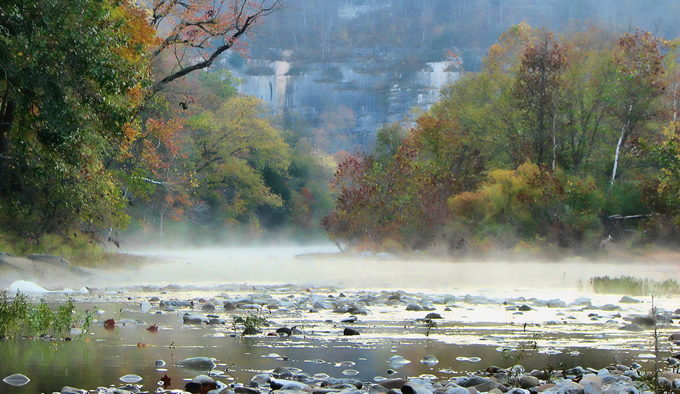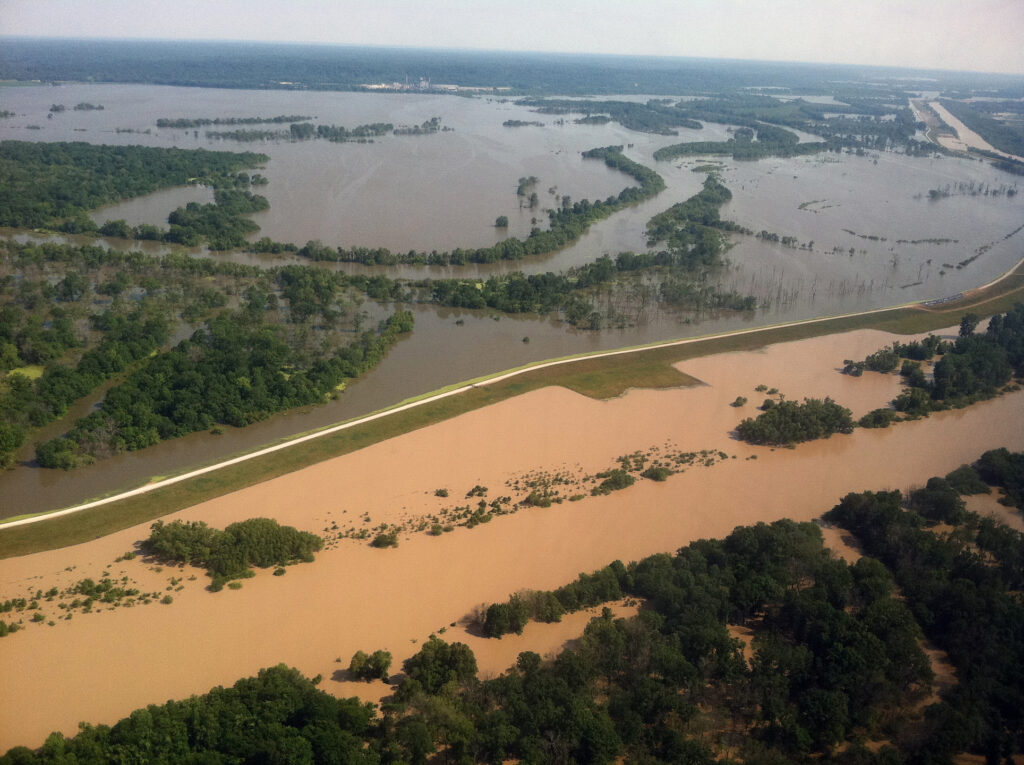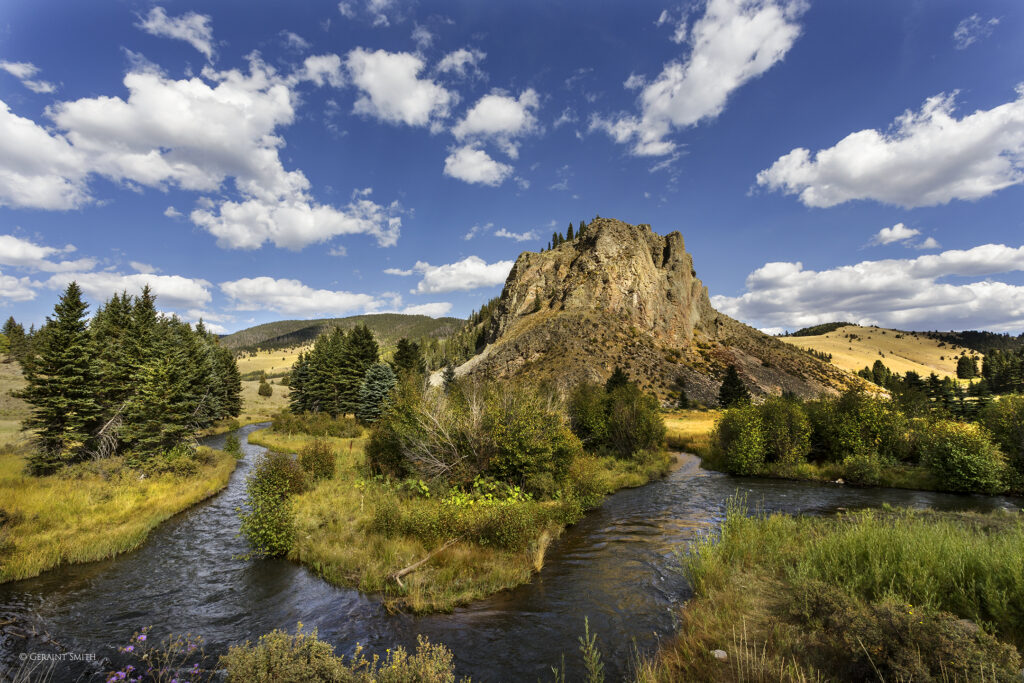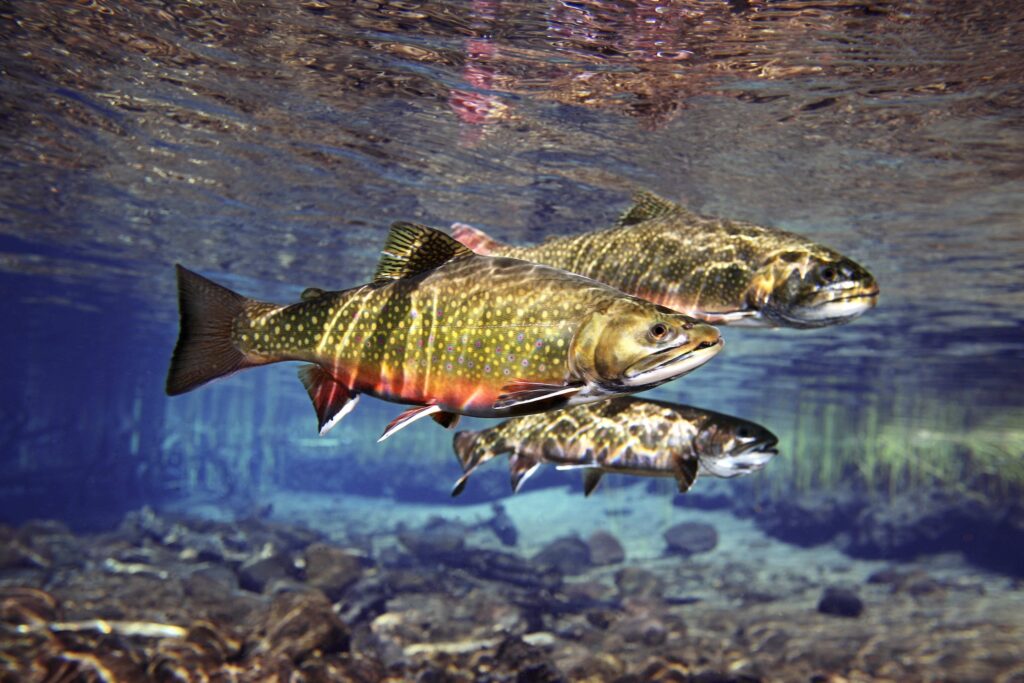Farmer Calls for Industrial Farm Management Improvement
A third-generation Indiana farmer details problems caused by an industrial livestock operation that polluted his property's water and lists changes that would help prevent more damage - these same issues are now faced by Arkansas' Buffalo National River.

This guest blog by Lin Wellford is a part of our America’s Most Endangered Rivers® series on the Buffalo National River.
Corporate agricultural interests have worked hard to make the environment a wedge issue. They would have you believe that ‘environmental extremists’ (their term for anyone who is actively involved in protecting our shared resources) are anti-farmer and anti-progress. However, I recently came across an article by a third generation farmer and rancher who has seen first-hand how raising large numbers of animals in metal buildings and disposing of tons of concentrated waste on limited acreage has damaged his neighboring land and water.
Thomas L (Tom) Warner of Decater, Indiana, wrote an article that appeared in the Greensburg Daily News. In it, he details problems caused by an industrial livestock operation that polluted the private lake on his property. As he put it, “I am an aggrieved Indiana resident, voter, and taxpayer, but most importantly, I am an aggrieved Indiana farmer because I know the hazard of hog waste first hand. I know that giving the Indiana Department of Environmental Management and Department of Natural Resources directive to protect the state’s environment [while also] increasing the number of confined animal feeding operations (CAFOs) in the state is counter-effective, particularly if additional funds for enforcement are not made available at the same time.”
Not one to just complain, Mr. Warner provides a list of changes that would help prevent more damage:
“Here are some specific examples that I believe would strengthen [any state’s] CAFO laws: First, the state could impose greater setback laws, of at least a mile, from residences, schools, businesses, churches, parks, and other places. Those setbacks should include all confined feeding operation (CFO) structures and land application activities. Additionally, there should be greater setbacks from lakes, streams, wetlands, and other environmentally sensitive areas. Second, the state could also strengthen its factory farm laws by setting air pollution limits for CFOs to restrict their emissions of hydrogen sulfide, ammonia, amines, volatile fatty acids, and other odorous compounds. Third, Indiana should prohibit construction or expansion of CFOs in karst areas and flood plains. Fourth, the state should impose the same public notice and commenting requirements for CFO permits as it requires under the Clean Water Act and Clean Air Act for other industries, which would require IDEM to actually consider and respond to public comments in its decision making on whether to issue a permit. Finally, Indiana’s factory farm laws could be improved with the repeal of Senate Enrolled Act 186, passed in 2014, which requires all Indiana statutes to be construed to protect CAFOs.”
As is seen in Indiana, Arkansas has weak regulations and even weaker enforcement. We also have karst topography that makes it easy for pollution to reach the water table. In the Ozarks, we have hills and valleys, so a 100′ buffer zone around streams, sink holes, springs, and wells without considering the sloping topography makes even less sense. As Mr. Warner noted, our state’s Department of Environmental Protection seems more focused on protecting the rights and opportunities for big business to pollute than doing their stated job of protecting the environment.
The fact that the Buffalo River is also a national park, endowed with all the federal protections that a national park should enjoy, having been set aside by an act of Congress to be preserved for all of us, makes the lack of oversight and care even more incredible. If we are willing to pollute our most extraordinary and treasured waterways, can we expect any of our lakes or rivers to receive the level of protection they so clearly need?
[su_button url=”https://act.americanrivers.org/page/692/action/1″ background=”#ef8c2d” size=”5″ center=”yes”]Take action »[/su_button]
Lin Wellford has made her home in the Ozarks for more than 40 years. A retired author/artist, she now devotes her talents to environmental issues and community causes.




